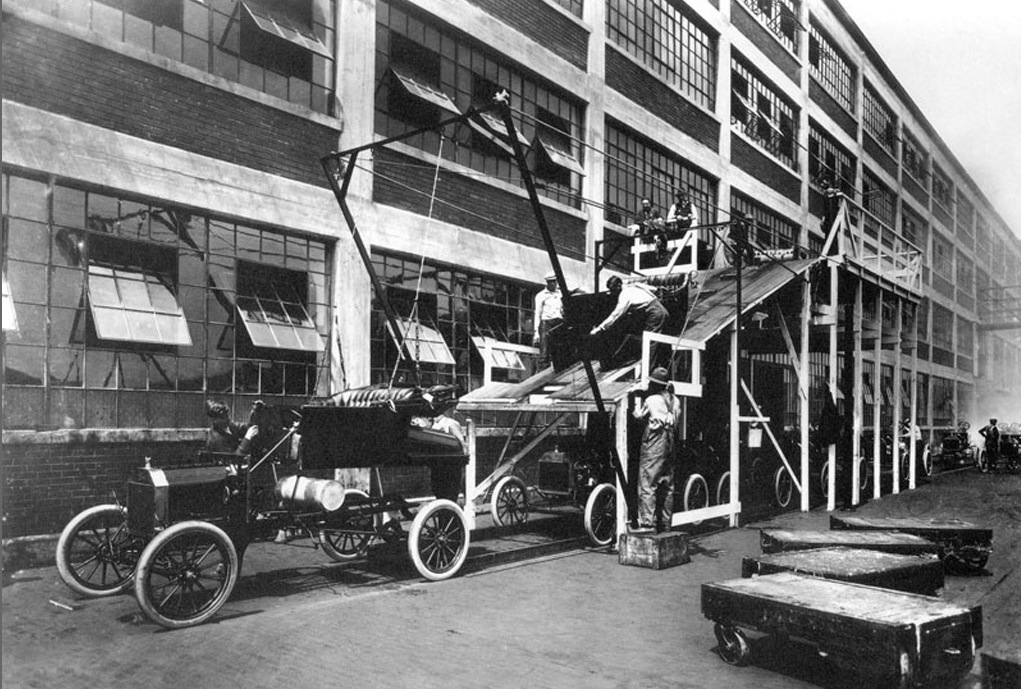Attracting and retaining the right people is hugely important for any organization. Companies invest a lot of time, effort and capital on personnel recruiting and retention efforts. And those are good investments to make—people form the backbone of a company and help form the fabric of its culture. And it’s your people working in the trenches with their heads down that makes clients successful. But having the best people in place only gets you so far if you’re not developing, standardizing and maintaining processes.
The Mechanics of Process
Mechanics are the least sexy part about process—and largely responsible for the yawns you’ll get when you begin talking about process in a company meeting. But the mechanics are crucial. They’re what enable accurate time tracking, forecasting, measurement, smart hiring decisions based on understanding capacity—the mechanics of process protect your profit margins. Everybody loves innovation, but if you haven’t built out mature processes around which to drape innovation like muscle over bone, attempts at innovation will flounder. Think of process as the skeletal structure around which the muscle of innovation can hang.
Process Permits Proactivity
Without established processes, a lot of activity can be mistaken for work. And lack of process implementation can easily lead to a culture of multi-tasking. Don’t get me wrong, it’s impossible to completely prevent multi-tasking. The nature of some tasks just inherently leads to it. But when process can create an environment where single-tasking can thrive, work is done faster, more efficiently and with much higher quality. And when single-tasking and routine are achieved consistently, more time is spent planning through eventual issues that arise, rather than reacting to them when they happen.
Process Requires Discipline
Process development requires a lot of careful thought and planning to ensure that no unintended consequences arise upon implementation. A lot of brain power needs to go into planning and thinking about all the possible implications of new process. And implementation carries with it a whole other set of obstacles—crafting the right messaging to ensure buy-in has to occur before you can achieve process compliance. From initial process definition, through development and eventual successful implementation, everything about establishing process requires commitment and discipline.
Process Fosters Innovation
Process isn’t the enemy of innovation. It’s quite the opposite. Innovation flourishes best when established process exists. If you’re interested in developing process, start small. Envision what you want the outcome to look like and think of the outcome as a finished meal. Then build process recipes for every item you want to see on the dinner table. It’s up to you whether you’d like a five-course meal or just a healthy snack.




